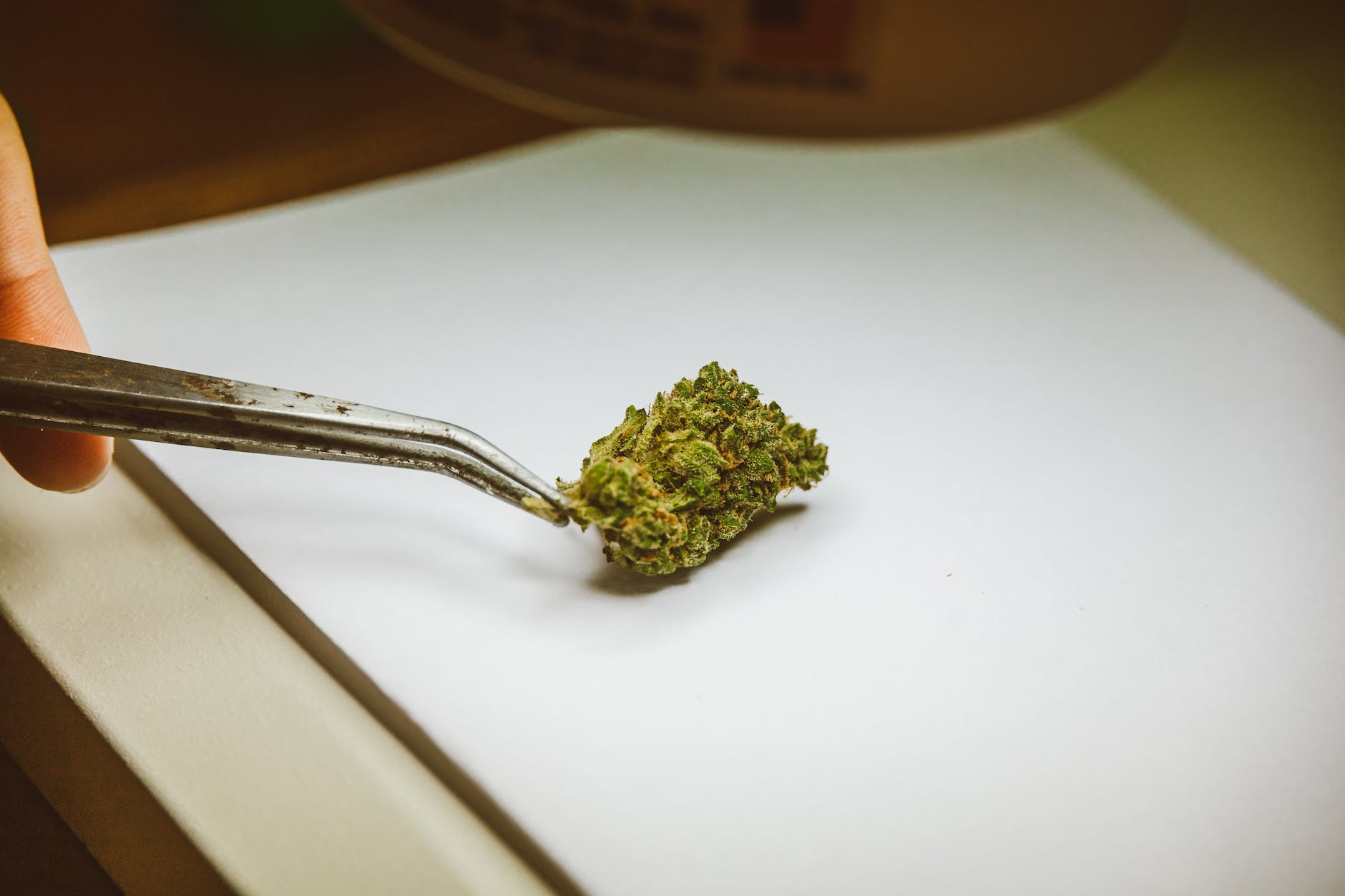As the legal and social restrictions around cannabis usage continue to loosen, the plant’s medicinal application has become a burgeoning area of interest for researchers and consumers alike. Within the domain of medical cannabis, one often encounters the term ‘cannabis strains’. But what exactly are these strains and how do they impact the therapeutic properties of cannabis?
At the core of these strains are various compounds such as tetrahydrocannabinol (THC), cannabidiol (CBD), and terpenes, all of which play integral roles in the plant’s medicinal effects. THC is known for its psychoactive properties, while CBD is recognized for its therapeutic benefits without the ‘high’. Terpenes are responsible for the unique aroma of each strain and also contribute to the plant’s medical properties. Understanding these compounds is crucial when considering strain selection for specific medical conditions.
THC is arguably the most well-known compound in cannabis. It’s the primary driver behind the psychoactive high associated with the plant. Still, research suggests it also offers potential benefits in pain relief, appetite stimulation, and insomnia treatment among others. It’s typically found in high quantities in strains like ‘Purple Kush’ and ‘Godfather OG’.
On the other hand, CBD is the second most prevalent cannabis compound. Unlike THC, it doesn’t produce a high but has shown promising results in managing several medical conditions like anxiety, epilepsy, and even cancer symptoms. Strains high in CBD such as ‘Charlotte’s Web’ and ‘Ringo’s Gift’ are widely employed for therapeutic purposes, especially in anxiety management.
Terpenes are aromatic compounds mainly responsible for the unique fragrance of different cannabis strains. However, they also play a crucial role in shaping the therapeutic properties of the plant. For instance, the terpene Myrcene is known for its antibiotic, analgesic, and anti-inflammatory qualities, and Linalool is frequently used in aromatherapy for its calming and relaxing effects.
Interestingly, these different components work together in what is referred to as the ‘entourage effect‘. The theory proposes that the medicinal impact of the cannabis plant results from the collective impact of its various compounds, rather than a single compound in isolation. The entourage effect thereby amplifies the therapeutic potential of individual cannabis strains.
The understanding that different cannabis strains confer diverse therapeutic benefits is vital for both medical practitioners and patients. Strains rich in THC might be more beneficial for those seeking pain relief or treatment for insomnia. On the contrary, strains with a high CBD content may be more suitable for anxiety management or alleviating inflammatory conditions.
Despite these breakthroughs, the full medicinal potential of different cannabis strains remains to be fully elucidated. Much more research is needed to fully capture the breadth of therapeutic properties and to refine usage guidelines. Meanwhile, for those considering the use of medical cannabis, it’s crucial to consult with health professionals to ensure safe and effective use.
It’s safe to affirm that understanding the medicinal properties of cannabis strains extends beyond merely knowing THC and CBD. It requires an exploration of the complex interactions between various compounds within the plant and an appreciation of their synergistic potential. As science continues to untangle the complexities of the cannabis plant, we step closer to fully leveraging its abundant medicinal capabilities.
Understanding the scientific basis of medicinal cannabis is critical for its safe and effective use. As the nuances of cannabis strains continue to be discovered, the prospect of personalized medicine rooted in cannabis is becoming a promising reality, paving the way ahead for natural, plant-based solutions to a myriad of health conditions.


